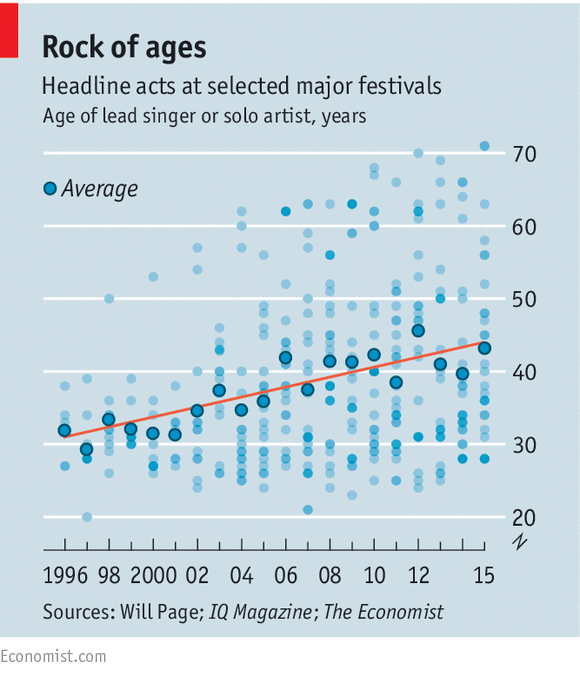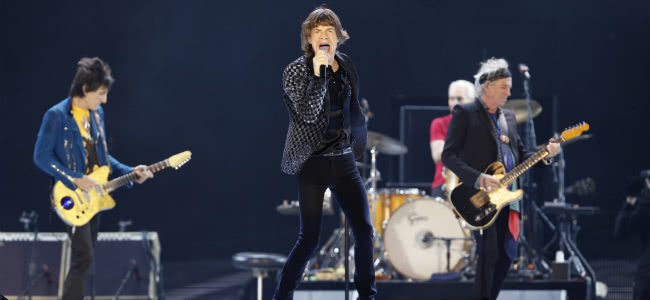If there’s one problem that’s been plaguing the global festival market over the past decade, it’s a lack of viable headliners. With new festivals announced every day, it seems there simply aren’t enough major acts to go around.
Many organisers have noticed the trend and have decided to go boutique, avoiding major lineups peppered with superstar bands and artists to focus on smaller, niche events catered towards a specific sector of the music-loving market.
The impact has certainly been felt Down Under. Following the sale of Big Day Out to an overseas promotions company, Soundwave mogul AJ Maddah revealed that the festival’s 2015 leg had been cancelled because organisers couldn’t find any suitable headliners.
Exacerbating the problem further is the sheer number of festivals currently occupying the market, driving up demand for large-scale acts, and as a result, driving up the prices that managers and agents can demand in order to secure them.
As The Economist reports, while around 80 big festivals took place in 2004, there are now over 250 scattered across the UK. The season stretches for nearly six months and as new festivals have sprung up, established ones have become far larger.
The main issue with the seeming lack of festival headliners is obviously the lack of a bullish music industry to support them. Without a glut of major acts, you don’t much of a pool from which to draw your headliners and the problem is getting serious.
Whereas once you had young bands in their 20s like Radiohead headlining Glastonbury, the average age of top-billed acts is steeply rising. If you needed any more proof we’re running out of festival headliners, just check out this recent analysis by Will Page, director of economics at Spotify.
While this could be partly attributed to the fact that festivalgoers themselves are getting older (according to Festival Insights, in 2014 the average age of a festival-goer was 33), a sluggish economy and music industry looks to be shouldering most of the blame.

Image via The Economist




































